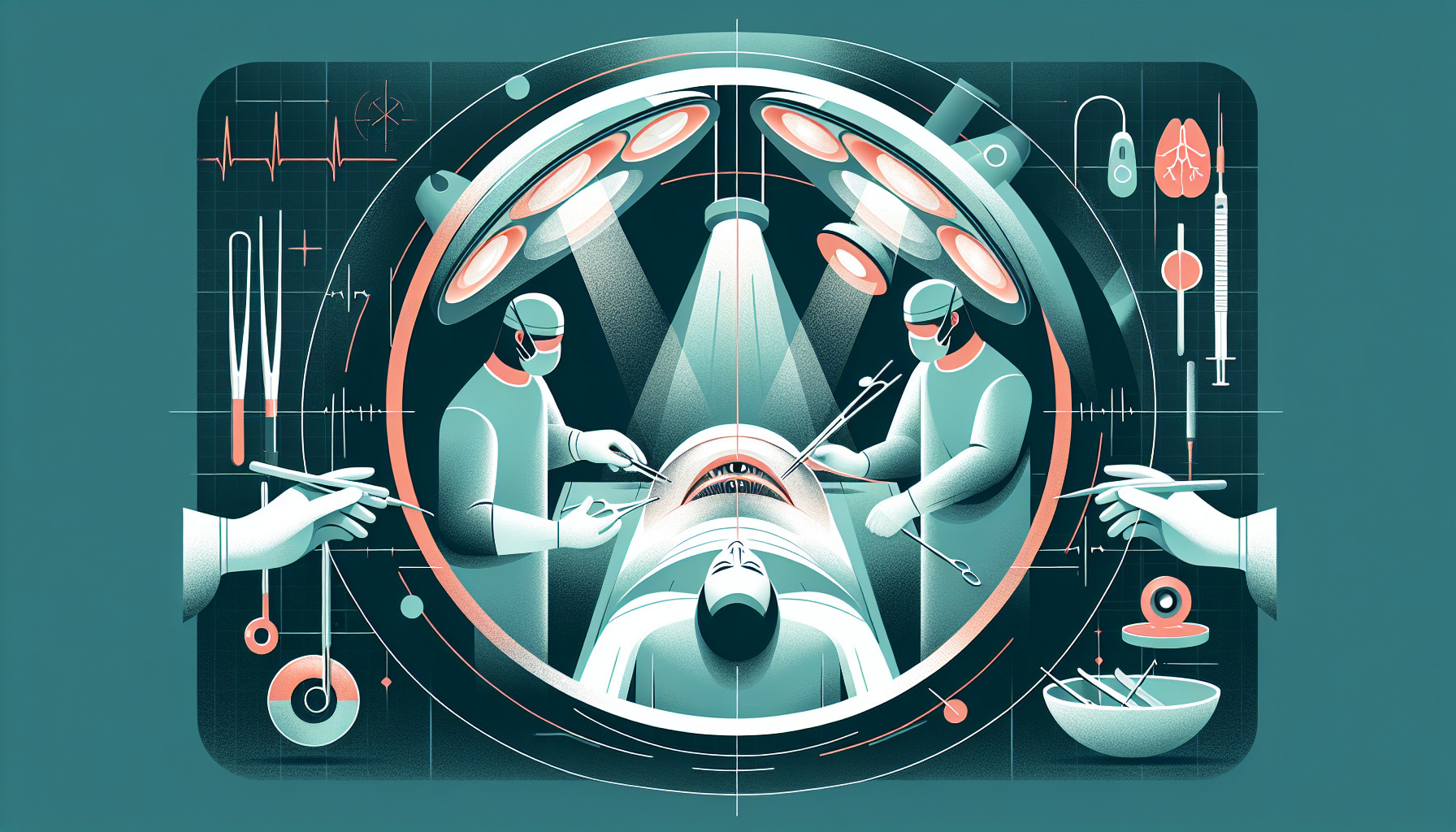Our Summary
This research paper discusses the evolution and benefits of cataract surgery. In the past, large incisions were made to remove cataracts, but modern techniques now use smaller incisions. However, one of these techniques, called phacoemulsification, is expensive and requires specialized equipment, making it difficult to use in developing countries. An alternative method, Manual Small-Incision Cataract Surgery (MSICS), offers similar benefits and is less costly, quicker, and easier to learn. This makes MSICS a more accessible option for developing and underdeveloped countries. The paper reviews the various techniques, safety, effectiveness of MSICS, and its increasing use in countries with limited resources.
FAQs
- What is the difference between phacoemulsification and Manual Small-Incision Cataract Surgery (MSICS)?
- Why is Manual Small-Incision Cataract Surgery (MSICS) a more accessible option for developing and underdeveloped countries?
- How does the safety and effectiveness of Manual Small-Incision Cataract Surgery (MSICS) compare to other cataract surgery techniques?
Doctor’s Tip
A helpful tip a doctor might tell a patient about cataract surgery is to follow all pre-operative instructions provided by the surgeon, such as avoiding eating or drinking before the procedure and taking any prescribed medications as directed. It is also important to have someone available to drive you home after the surgery and to attend all follow-up appointments to ensure proper healing and vision improvement. Additionally, be sure to ask any questions or express any concerns you may have with your surgeon before undergoing the procedure.
Suitable For
Patients who are typically recommended cataract surgery include those whose vision is significantly affected by cataracts, causing difficulty with daily activities such as reading, driving, or recognizing faces. Additionally, patients with cataracts that are causing glare or halos around lights, or impacting their ability to perform tasks at work or home, may also be candidates for surgery. It is important for patients to undergo a thorough evaluation by an ophthalmologist to determine if cataract surgery is the best course of action for their individual situation.
Timeline
- Before cataract surgery:
- Patient experiences blurred vision, difficulty seeing at night, sensitivity to light, and seeing halos around lights.
- Patient undergoes a comprehensive eye exam with an ophthalmologist to determine the severity of the cataract and the need for surgery.
- Patient may need to undergo pre-operative tests such as measuring the shape and size of the eye, checking for other eye conditions, and determining the power of the intraocular lens that will be implanted during surgery.
- After cataract surgery:
- Patient undergoes a relatively quick and painless procedure to remove the cloudy lens and replace it with an artificial intraocular lens.
- Patient may experience improved vision immediately after surgery, although it may take a few days or weeks for vision to fully stabilize.
- Patient is prescribed eye drops to prevent infection and promote healing.
- Patient may need to wear an eye shield at night to protect the eye while sleeping.
- Patient attends follow-up appointments with the ophthalmologist to monitor healing and ensure optimal vision outcomes.
- Patient may need to undergo vision rehabilitation to adjust to the new intraocular lens and improve overall vision quality.
What to Ask Your Doctor
- What are the different types of cataract surgery available and which one do you recommend for me?
- What are the potential risks and complications associated with cataract surgery?
- How long is the recovery time after cataract surgery and what can I expect during the recovery process?
- Will I need to use glasses or contact lenses after cataract surgery?
- What is the success rate of cataract surgery and how long will the results last?
- Are there any lifestyle changes or precautions I should take before or after cataract surgery?
- What is the cost of cataract surgery and will my insurance cover it?
- How experienced are you in performing cataract surgery and what is your success rate?
- Are there any alternative treatments to cataract surgery that I should consider?
- Can you provide me with more information about the specific technique you will be using for my cataract surgery?
Reference
Authors: Singh K, Misbah A, Saluja P, Singh AK. Journal: Indian J Ophthalmol. 2017 Dec;65(12):1281-1288. doi: 10.4103/ijo.IJO_863_17. PMID: 29208807
